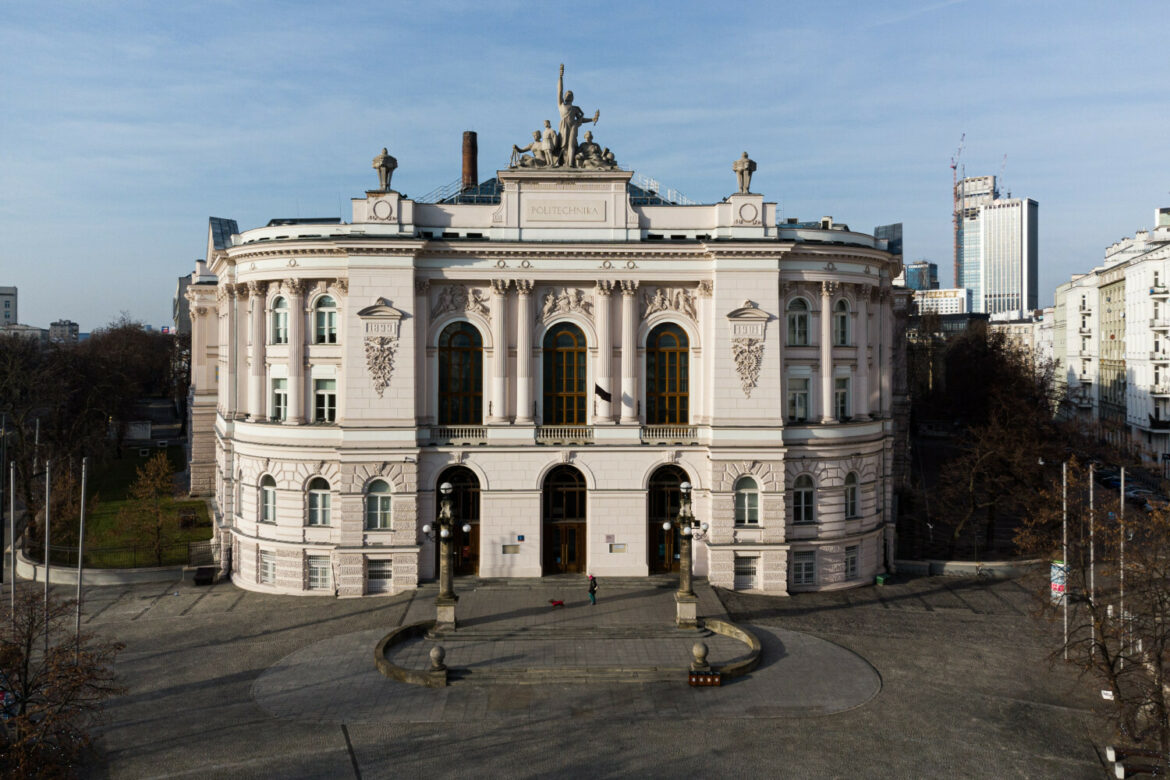A concept for a modular settlement for Ukrainian refugees is being developed at the Faculty of Architecture of the Warsaw University of Technology (WUT). It will serve to develop general guidelines and standards for this type of housing. The project envisages the preparation of housing with social infrastructure for approximately 3,500 people.
Ukrainian refugees include around 11 million people who have moved within their country. This group is particularly in need of housing, not temporary but housing that will serve them for the long term and help them regain a sense of community and affiliation.
“In the case of similar refugee settlements, the average residence time is about 17 years, which is the period of adolescence. For this reason, we are generally opposed to temporary solutions. A place to live is, after all, not just a roof over one’s head. It is equally important to be able to fulfil other needs – security, affiliation and identity. And we must not forget about appropriate standards and energy efficiency”, says Professor Anna Maria Wierzbicka of the Faculty of Architecture at the Warsaw University of Technology, who is in charge of the design work.
As part of the urban-architectural concept, segment designs will be created in a modular system for families with different numbers of members. In addition, it will be possible to secondarily combine and divide them. Variants for the juxtaposition of segments in the form of building quarters will be developed. On the macro scale, a housing complex for approximately 3,500 people will be created. The proposals are intended to provide an adequate standard of living, the necessary social infrastructure and ecological solutions.
The Polish Modular Refugee Settlement Project (ProModSe) has been selected for implementation by the European Institute of Innovation and Technology (EIT) Community New European Bauhaus. The EIT is a body of the European Union. The work will involve the academic community from Poland and Ukraine, as well as refugees themselves who have come to Poland.
Arkadiusz Słomczyński





